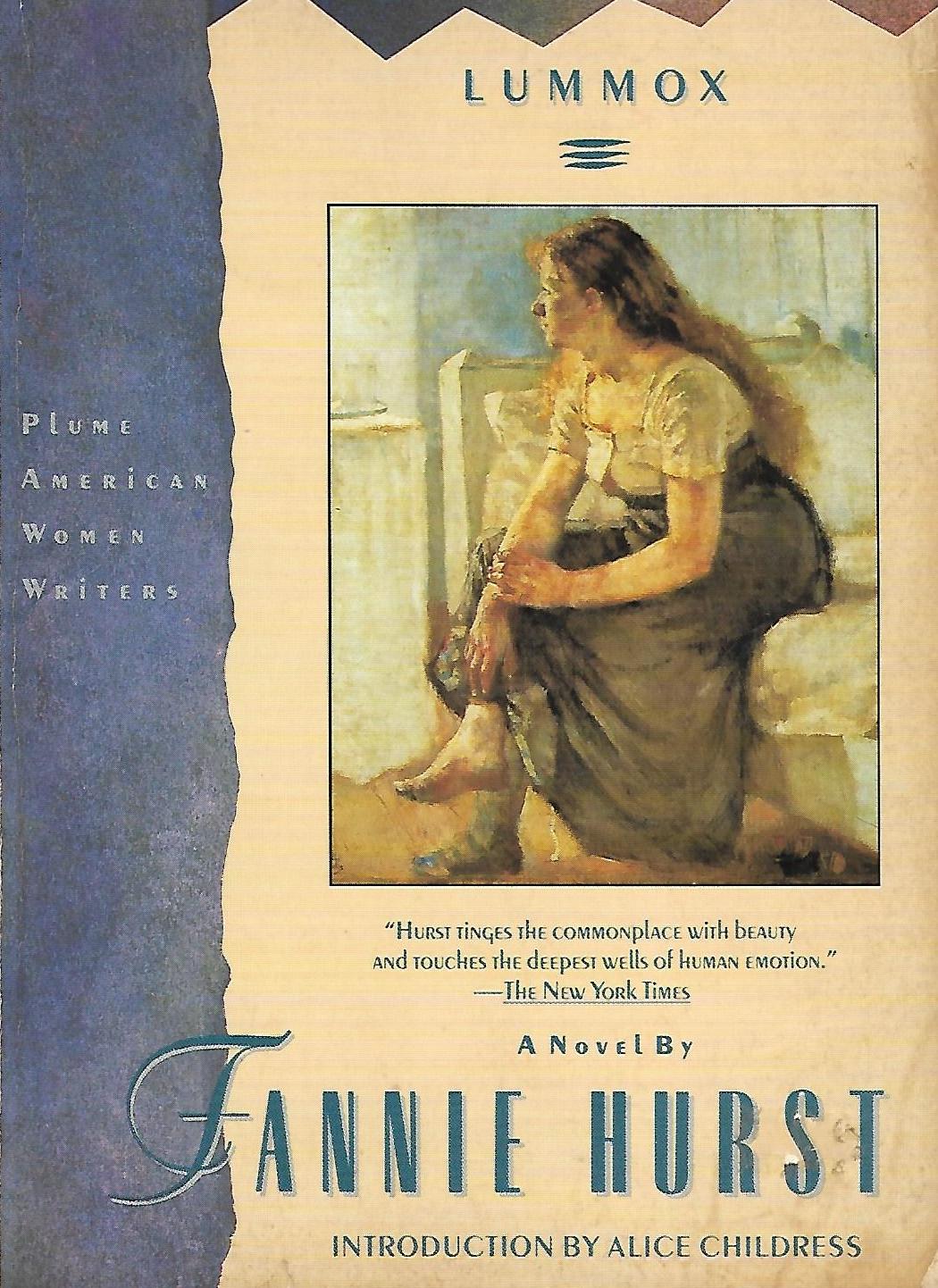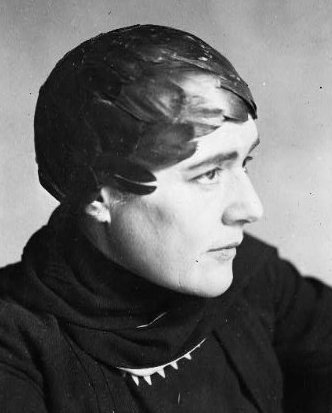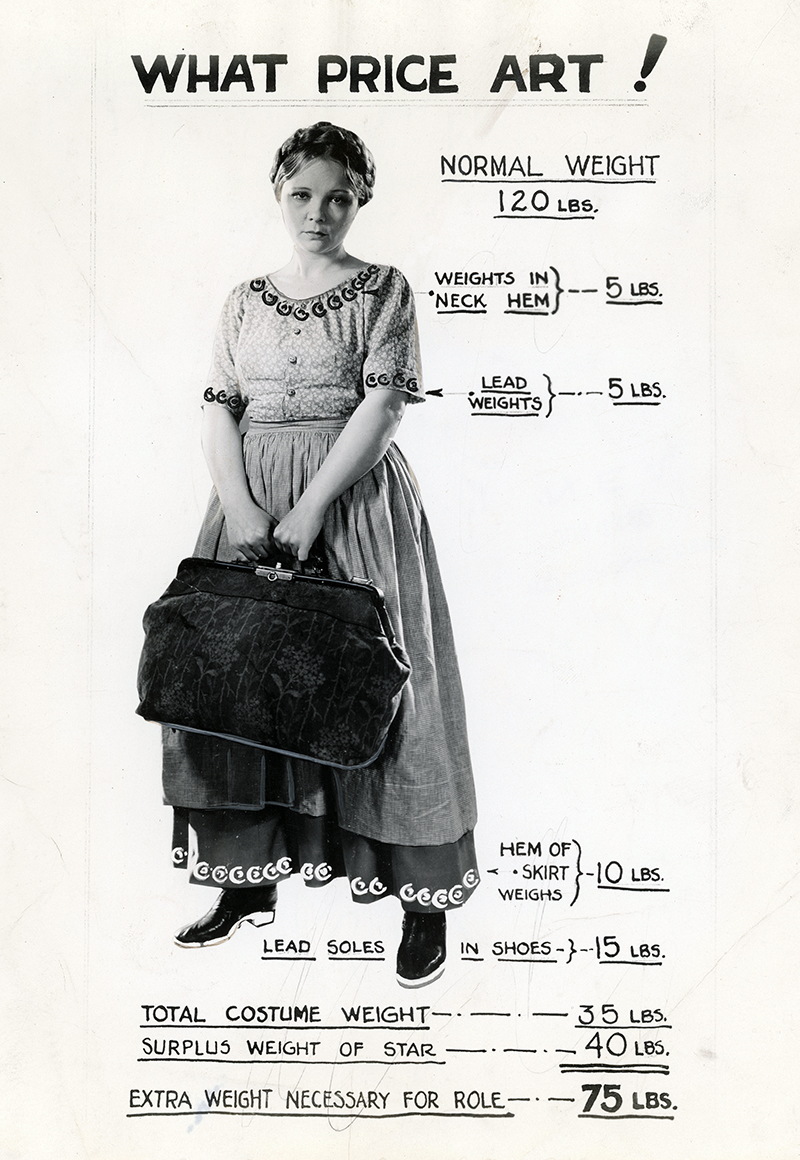

Tells the story of Bertha, a young immigrant woman who cleans the homes of the rich, and is largely ignored by them, except for a young poet who considers her a muse. Lummox, Fannie Hurst's second novel, was written from the perspective of one of society's throwaways — a hardscrabble servant named Bertha, whose labor keeps her employers well-housed and well-fed although she earns only condescension, humiliation, sexual assault, and a bare-bones wage.
Goodreads.com
This novel introduces readers to Bertha, a domestic servant working for wealthy New York families right around the turn of the 20th century. Bertha is a large woman, 5'10 and stocky in build, plain in the looks department. Hefty "washerwoman" type. Her no-frills, blue-collar look and quiet nature lead many of her employers over the years to deem her a "lummox", a term once used to describe someone who seems stupid, dim-witted. One family matriarch who employs Bertha describes her as "a great serene peasant girl with that slow kind of strength that makes an invaluable servant".

Her ethnicity is questioned by many -- is she Slavic? Scandanavian? Dutch? Polish? No one around to clear up the matter. Orphaned at a young age, Bertha is raised by Annie, crass, sour-natured landlady of an NYC lodging house for sailors and the only person to witness Bertha's birth.
Hurst's novel follows Bertha over the course of her life as she finds work cooking for several upper-class families around the Manhattan area of NYC, the first being the Farleys. During this first job, Bertha develops a bit of a crush on her employer's 25 year old poet son, Rollo Farley. Close to him in age, Bertha is taken with Rollo's creative spirit, the air of mystery and seriousness he carries around him. Rollo is also quite fond of alcohol as well though, and one night, after strongly imbibing, takes certain liberties with kind-hearted, naive Bertha. A situation develops that forces Bertha to leave her position with the Farleys, but not before she discovers that her experience with Rollo might have been inspiration for the epic poem he writes that later proves to be his literary legacy.
We follow Bertha over the years as she moves from one elite household to another, repeatedly being dismissed for various reasons, each time finding she has to return to the home of Annie for a bit while waiting for the next job to turn up. Annie always grudgingly takes her in but not without a bit of nagging and slut-shaming. Eventually Bertha attempts to hold down her own place with a roommate but again, Bertha's innocent nature leads her into dangerous territory, unknowingly putting her in the path of a woman-batterer. NOTE: For those who are triggered by scenes of violence, be warned there are some difficult scenes in this novel in which Bertha has hands slammed in windows, her face burned with a fire iron, and a man who emotionally tortures her, standing over her while she sleeps waiting for her to wake up just so he can terrify her for laughs.
Bertha's story of being worked hard and taken advantage of is the quiet, insidious kind. The abuse is not always blatantly evident, but as the story progresses, the reader begins to see evidence of the trauma in Bertha's day to day health and actions. It's heartbreaking to see her, this woman full of kind intent and honest work ethic be treated like such a doormat. Her employers (or just the people around her in general) either don't feel the need to take her feelings / personal needs into consideration OR they tease her for having a bit of a dreamer spirit. She was just their simple worker bee. In moments of solitary, silent reflection Bertha reveals to the reader that she is not so simple as people assume, that she actually feels quite deeply but is sometimes consumed with this sense of being trapped, consumed by feelings of uncertainty in herself, her talents, or how to better her overall life conditions. Just surviving day to day seems to overrule any aspirational flights of fancy.
The mystery of the will to live. Not a morning but what Bertha knew the terrible reluctance of awakening to reality. She came up out of sleep with a struggle, fighting off another day; turning her back to it and lying there sick with its imminence as the muslin portieres began to lighten. To come out of sleep so enamored of it that to feel the lids lift back from the eyes was torture. To die a little every night and yet fear the beauty of death more than the starkness of life. Sometimes when Bertha came out of sleep, fighting and sobbing against the awakening and grimacing face of Willy hung over her terrible with reality, the impulse to throttle herself back to sleep seemed too strong to withstand. And yet that wink of dawn against the muslin. The tiny vibratory messages of life that were waiting to run across the floor when her bare feet would swing down to it. Ah, that will to live.
Hard as female readers will likely find it to read of this woman being walked all over for simply living an honest life, there is something to admire in Bertha. Maybe her sheer tenacity and devotion to helping where she can, as best she can. Impressively, author Fannie Hurst leaves the reader pondering who the story's true "lummox" is after all!
A couple things about the format of the book that I found worth mentioning: 1) there are no standard designated chapter breaks, only a little galleon-looking ship icon to divide scene changes. 2) There are a few points in the story where the POV oddly turns from third person to second person whenever the reader is let in on Bertha's inner dialogue. Not sure why Hurst did this, I personally found it jarring and unnecessary but thought I would note it as a heads up for future readers.
---------------
EXTRAS:
>> Though Fannie Hurst's works have largely fallen into obscurity now, in the 1920s she was considered one of the highest paid authors in the nation! In interviews she sometimes revealed that Lummox was her personal favorite of her 17 novels.

author Fannie Hurst
>> In 1930, Lummox got the Hollywood treatment with a screen adaptation that required leading lady Winifred Westover to pack on weights to simulate Bertha's stocky look -- in addition to having 35 lbs of weight just in costume add-ons, she also put on 40 lbs of body fat to complete the look for the role!










